Quiz General culture
Last Updated:
Welcome to our general knowledge quiz site! We’re delighted to offer you a fun and interactive way to broaden your cultural knowledge and test yourself on a wide range of topics.
General knowledge quizzes are a great way to test and improve your knowledge in different fields such as art, entertainment, geography, history, literature, nature, science and sports. They are often used to improve your academic standing, pass competitions and academic tests. You can choose the subjects that interest you most, or take on more difficult challenges to discover new cultural references.
By playing our general knowledge quizzes, you’ll have the opportunity to learn in a fun way, thanks to our well-thought-out questions. You can also practice and deepen your knowledge with the detailed index of answers.
Test your knowledge now and find out how much you really know!
General knowledge is the sum total of a person’s varied knowledge of a wide range of subjects. It encompasses fields such as history, geography, literature, science, the arts and many others. A good general knowledge enables you to understand the world better, to take part in enriching conversations and to stand out in academic and professional contexts.
General knowledge quizzes are a fun and effective learning tool. By answering questions on a variety of subjects, you can reinforce your knowledge and stimulate your memory. What’s more, the variety of questions allows you to explore areas with which you may not yet be familiar. Our quizzes are designed to be accessible and rewarding, offering both interesting information and an intellectual challenge.
Our easy general knowledge quizzes are perfect for beginners or those who want to test their basic knowledge. These quizzes cover common topics and essential facts, allowing you to familiarize yourself with different areas without feeling overwhelmed.
arts
/ 10
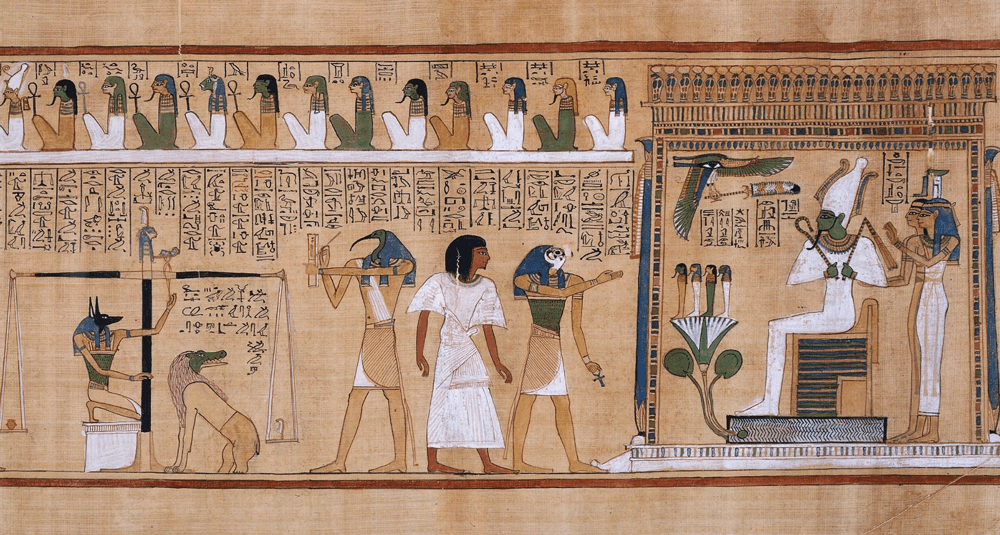
Which Egyptologist made the first translation of the Ancient Egyptian Book of the Dead in 1842?
2Karl Richard Lepsius
1Howard Carter

🙌 Good answer
In 1842, the German Egyptologist Karl Richard Lepsius called Todtenbuch (Book of the Dead) a papyrus kept in the Egyptian Museum of Turin and of which he made a first translation.
Next question

😞 Wrong answer
In 1842, the German Egyptologist Karl Richard Lepsius called Todtenbuch (Book of the Dead) a papyrus kept in the Egyptian Museum of Turin and of which he made a first translation.
Next question
history
/ 10
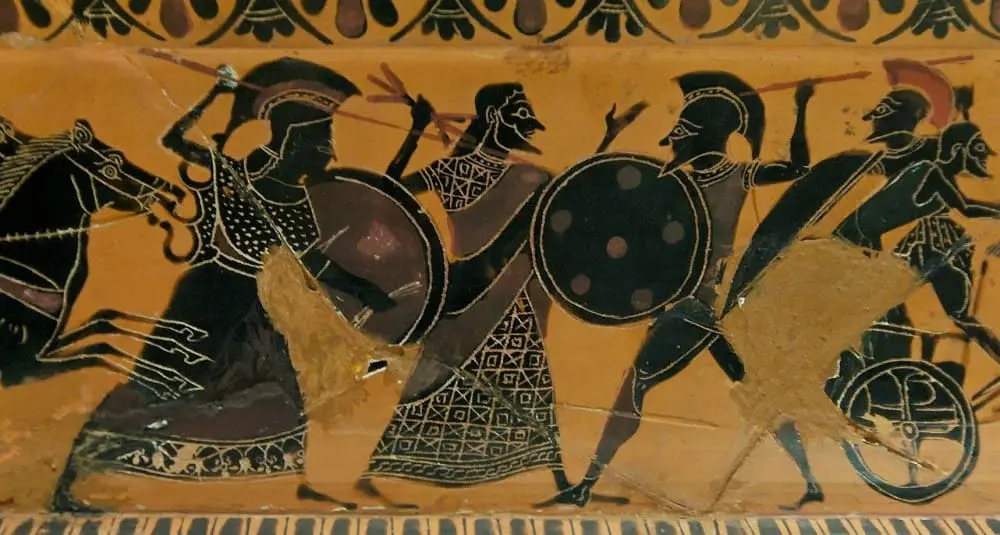
In Greek mythology, who is the god of war?
1Ares
2Hades

🙌 Good answer
In Greek mythology, Ares is the god of war, embodying the brutality and destruction of battle. Son of Zeus and Hera, he is feared even by the gods.
Next question

😞 Wrong answer
In Greek mythology, Ares is the god of war, embodying the brutality and destruction of battle. Son of Zeus and Hera, he is feared even by the gods.
Next question
geography
/ 10
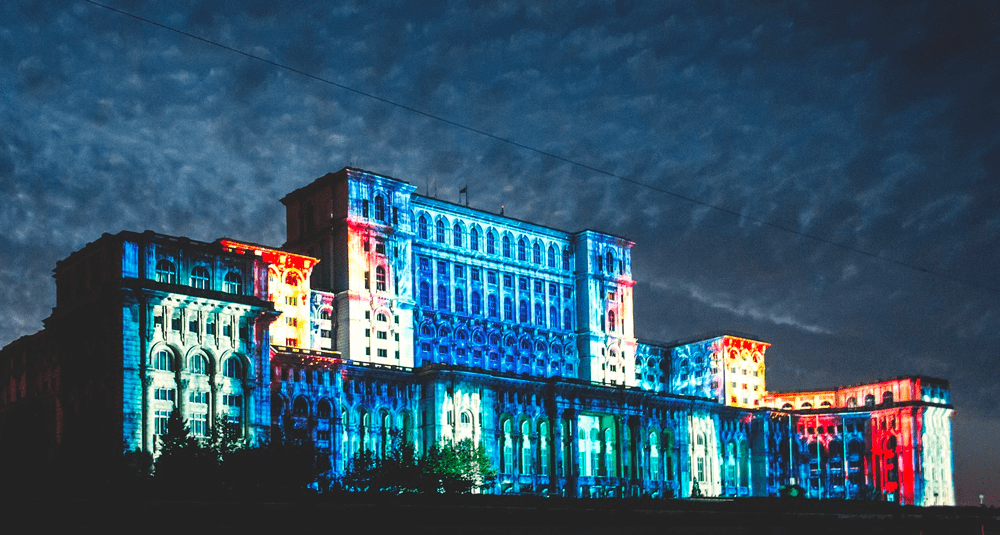
What is the capital of Romania?
1Bucharest
2Budapest

🙌 Good answer
Romania's capital is Bucharest. Situated on the banks of the Dâmbovița River, this dynamic city is the country's political, economic and cultural center.
Next question

😞 Wrong answer
Romania's capital is Bucharest. Situated on the banks of the Dâmbovița River, this dynamic city is the country's political, economic and cultural center.
Next question
sports
/ 10

How old was Kylian Mbappé when he became world champion?
219 years old
118 years old

🙌 Good answer
Kylian Mbappé became world champion at 19 years and 6 months old at the 2018 World Cup, scoring in the final and equaling historic records.
Next question

😞 Wrong answer
Kylian Mbappé became world champion at 19 years and 6 months old at the 2018 World Cup, scoring in the final and equaling historic records.
Next question
geography
/ 10
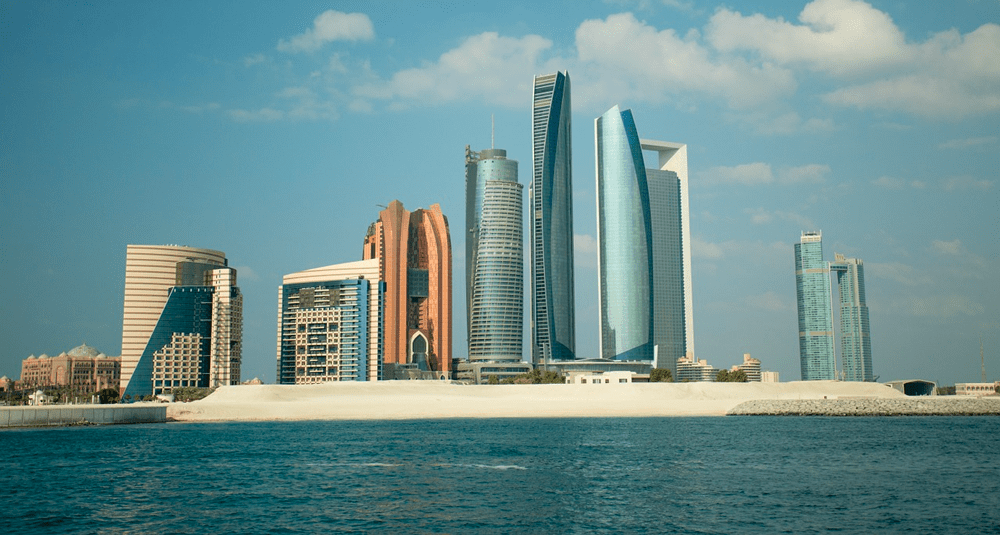
What is the capital of the United Arab Emirates?
1Abu Dhabi
2Dubai

🙌 Good answer
The capital of the United Arab Emirates is Abu Dhabi. The city is the country's political, cultural and economic center, and home to many iconic sites.
Next question

😞 Wrong answer
The capital of the United Arab Emirates is Abu Dhabi. The city is the country's political, cultural and economic center, and home to many iconic sites.
Next question
geography
/ 10
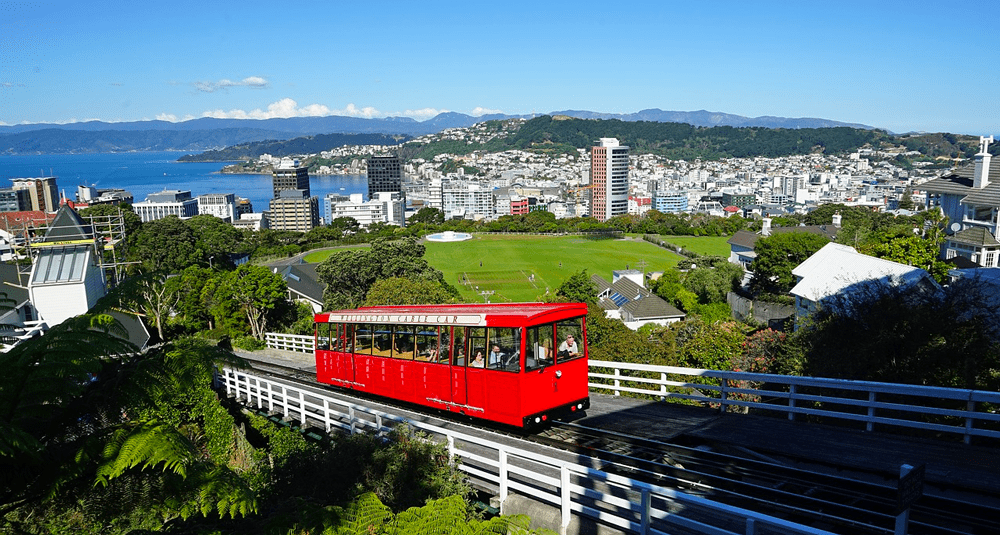
What is the capital of New Zealand?
2Wellington
1Auckland

🙌 Good answer
Wellington is the capital of New Zealand, located at the southern tip of the North Island. It is renowned for its vibrant arts scene and central political role.
Next question

😞 Wrong answer
Wellington is the capital of New Zealand, located at the southern tip of the North Island. It is renowned for its vibrant arts scene and central political role.
Next question
arts
/ 10
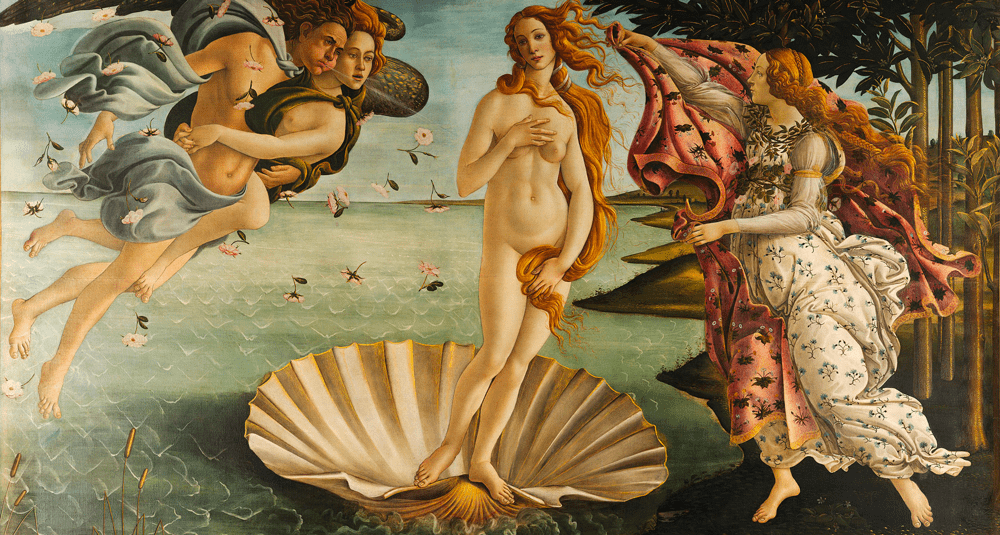
Which major work by Sandro Botticelli is exhibited in the Uffizi Gallery?
1The Birth of Venus
2Venus and Mars

🙌 Good answer
The Birth of Venus is one of Sandro Botticelli's major works, exhibited at the Uffizi Gallery in Florence, Italy.
Next question

😞 Wrong answer
The Birth of Venus is one of Sandro Botticelli's major works, exhibited at the Uffizi Gallery in Florence, Italy.
Next question
geography
/ 10
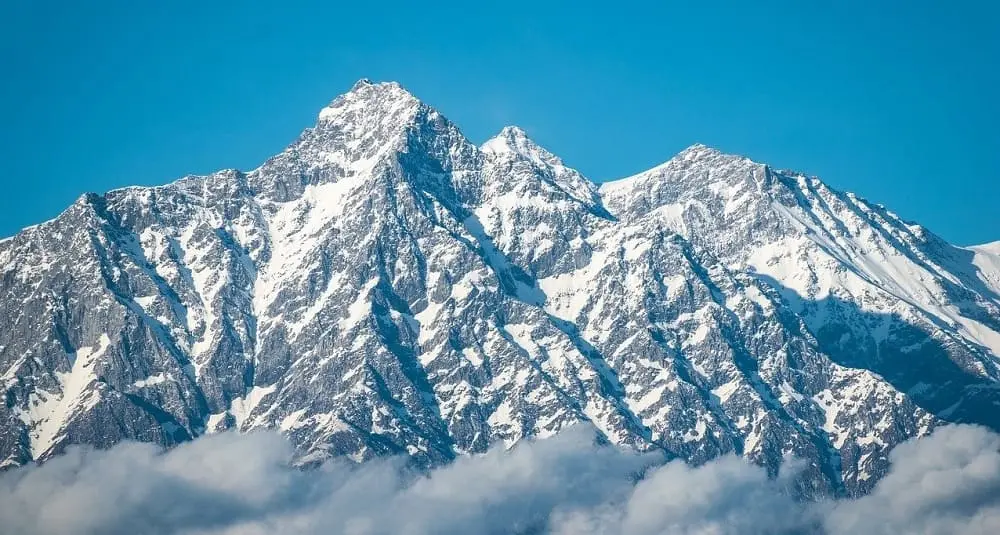
In which country are the Himalayas located?
2Asia
1Africa

🙌 Good answer
The Himalayas, Asia's majestic mountain range, stretch across five countries: Pakistan, India, Nepal, Bhutan and China (Tibet).
Next question

😞 Wrong answer
The Himalayas, Asia's majestic mountain range, stretch across five countries: Pakistan, India, Nepal, Bhutan and China (Tibet).
Next question
arts
/ 10
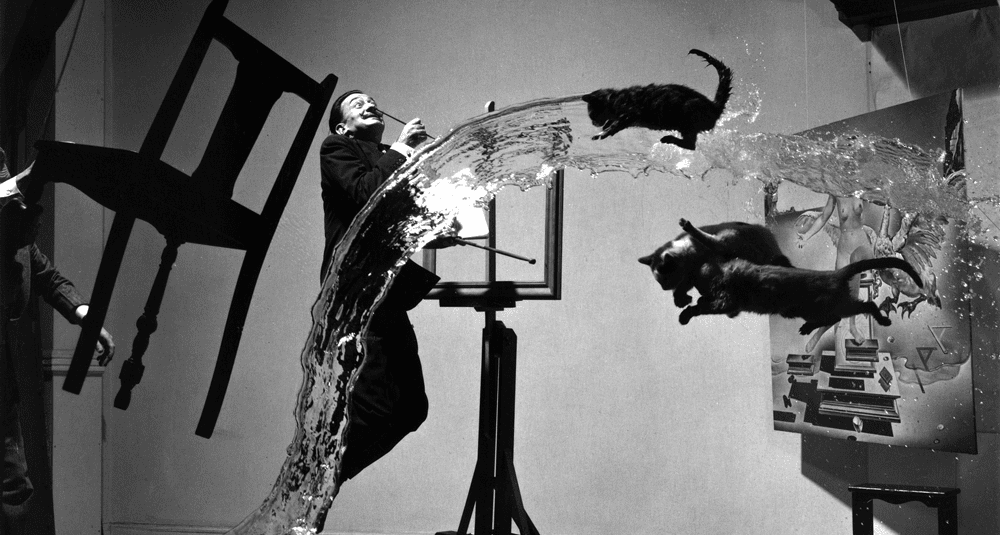
Which artistic movement does Salvador Dali belong to?
1Surrealism
2Symbolism

🙌 Good answer
Salvador Dalí belongs to the Surrealism artistic movement. This movement is characterized by the exploration of the unconscious and dreams in art.
Next question

😞 Wrong answer
Salvador Dalí belongs to the Surrealism artistic movement. This movement is characterized by the exploration of the unconscious and dreams in art.
Next question
geography
/ 10
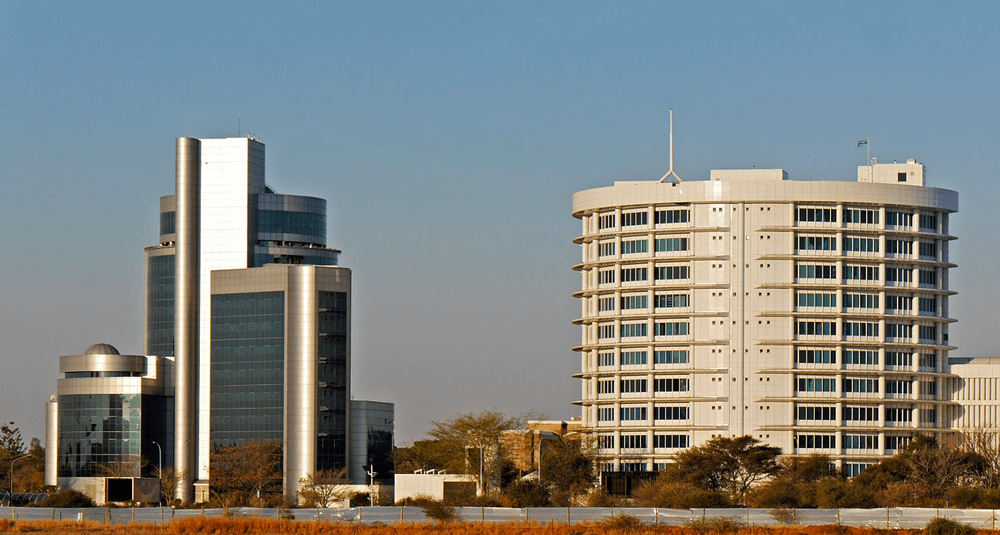
What is the capital of Botswana?
1Gaborone
2Maseru

🙌 Good answer
Gaborone is the capital of Botswana. Its inhabitants are the Gabonese. It is located in the south-east of Botswana, near the Notwani River, only 15 kilometres from the South African border.
Next question

😞 Wrong answer
Gaborone is the capital of Botswana. Its inhabitants are the Gabonese. It is located in the south-east of Botswana, near the Notwani River, only 15 kilometres from the South African border.
Next question



